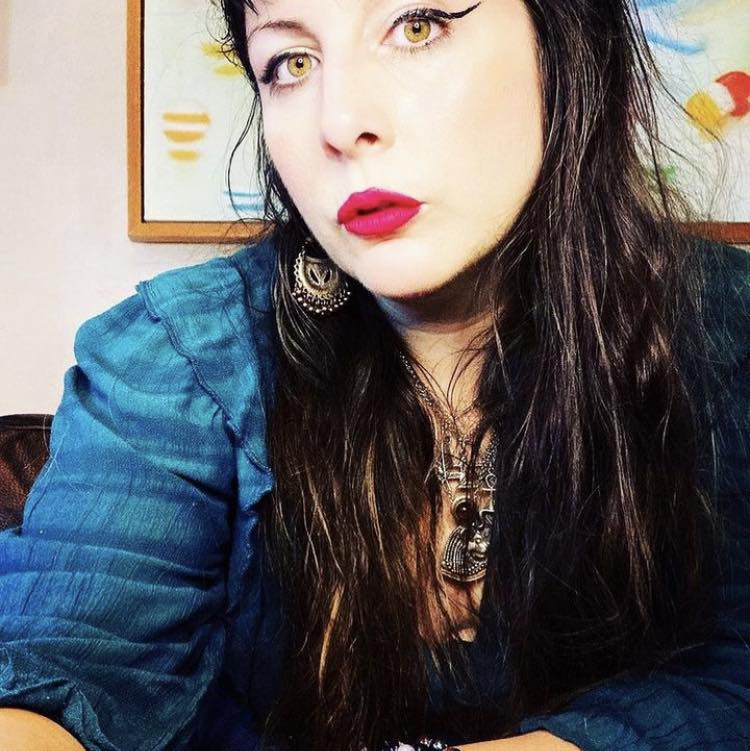Alright – so today we’ve got the honor of introducing you to Amy Miranda. We think you’ll enjoy our conversation, we’ve shared it below.
Amy, looking forward to hearing all of your stories today. It’s always helpful to hear about times when someone’s had to take a risk – how did they think through the decision, why did they take the risk, and what ended up happening. We’d love to hear about a risk you’ve taken.
Risk taking isn’t something I’d have always said I enjoyed, but over time it’s shown to bring the highest rewards both in life and in business. As an executive producer part of my job is to manage risk. Being an executive producer is like being a general contractor. You need to be as sure of the people you’re investing in as the people who are investing in you. Determining who, how and when is all part of the requirement of doing that work. I won a lot of awards globally for being able to do it so well, for so long. For someone who managed risk for a living, the one thing I didn’t do (like so many of us) was manage my own. If I’d have done a risk assessment on ignoring my own practice, or telling myself it wasn’t important enough, or that I’d do it later I’d have seen what was coming at me hard and fast.
Burn out and Breakdown.
When I started my creative company Lunch Inc. in 2009 it was on the tails of that burn out and breakdown. I didn’t manage my own risk, and it resulted in a crash and burn. I went back to therapy, got on antidepressants and realized I had to invest in myself for the first time in my whole life, and I took a massive but calculated risk. I started a company. It was a recession, not usually the time to make risky decisions, but I did, I quit my 6 figure job, took a line of credit on my house and I jumped without a net.
As they say, with hard work, a net appeared. As I managed risk I began to feel safe enough for the first time in my whole life to make another calculated risk, one that had much higher stakes than money. My life. I finally spoke out loud why It had taken me over 30 years to prioritize myself, to manage my own risks, to look long and hard in the mirror. I realized it was time to say it out loud, to heal, to seek justice and to write it down. I put a pin in the business that had saved my life and told all of the clients and creators I worked with that I needed to take a sabbatical to write my book.
I’d worked so hard to become independent, “successful”, but the whole time I’d been running and my “success” was building a foundation for me to finally escape my captor. My father abused me and it started before I could talk, so it was no wonder it took me so long to scream it. Here’s how I know I am a good executive producer – it was because every single person around me knew that me taking a break wasn’t just what I needed, it was what they needed because they cared about me. They’d been watching me run a global creative network, while also doing the work to heal. I told them all before I told the world. I took the risk of all risks by sitting each of them down to tell them where life had started for me, and where it was taking me now that I’d walked a healing journey. That I’d found peace, power and a light at the end of a very dark tunnel. I needed to write it down, I needed to share how I made it out. That I had sought justice and that part of that risk of speaking out the retaliation of my father. Part of the risk of seeking justice was real risk to my own life. He did retaliate, but this time it was witnessed. This time everyone knew why.
So I took the risk of not only telling my story to the people in my orbit (so many of them said, me too) and then I took the risk of asking for justice (he was charged) and then I took what was the biggest risk of all, I was called to practice and to train in the work that had brought me back to myself. It was the best risk I ever took. It resulted in me finding the others, reaching people around the world with the book, and it brought me back to the helm of the company I founded to help other creators. Lunch, a place where we can sit together and make amazing things. If I hadn’t have taken the risk to start a company in 2009, I likely wouldn’t be doing the work I do now with other survivors, and creators. I wouldn’t have found peace, justice or myself at the end of that tunnel.
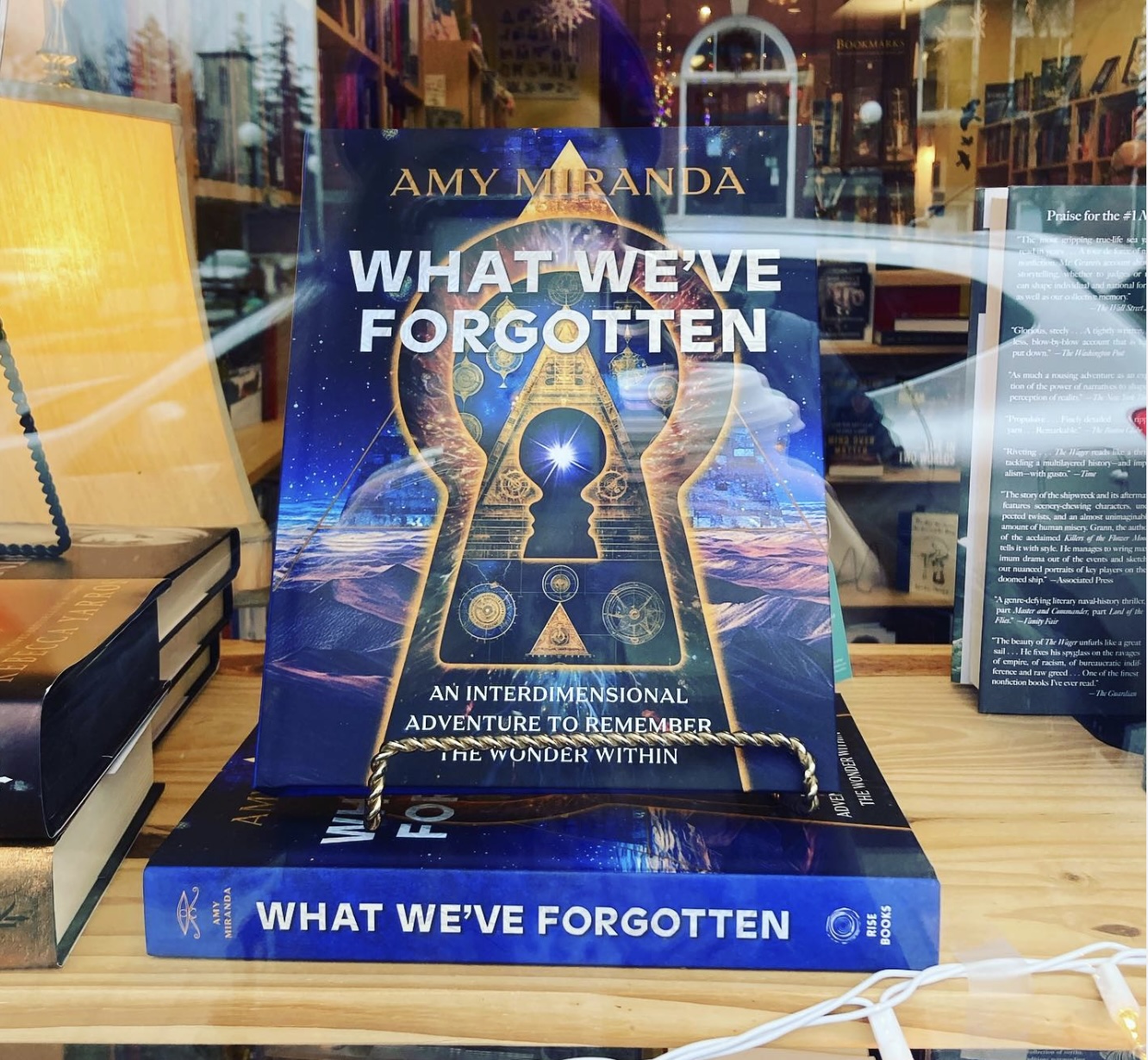
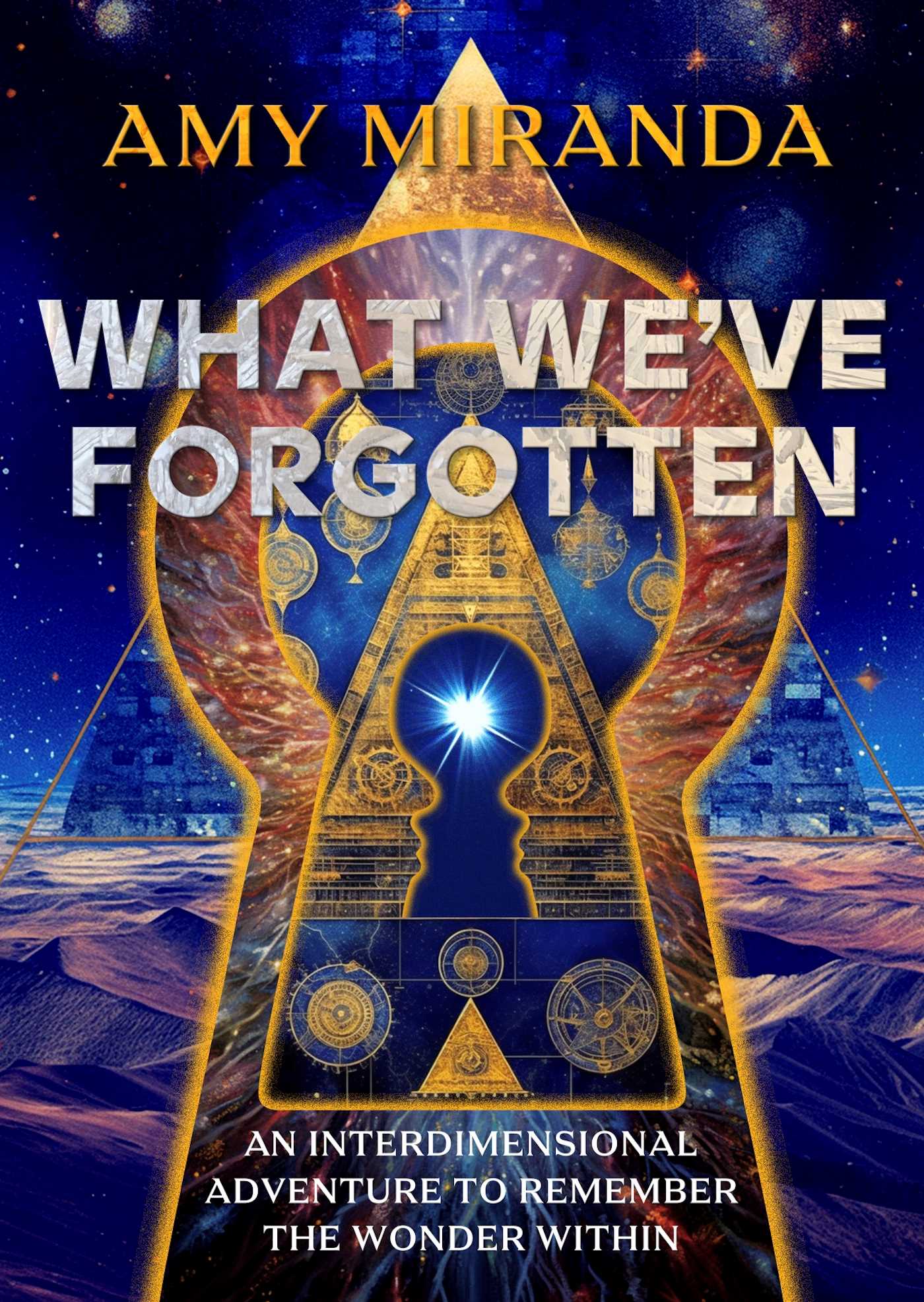
Great, appreciate you sharing that with us. Before we ask you to share more of your insights, can you take a moment to introduce yourself and how you got to where you are today to our readers.
My career really began when I figured out things could be made on the Internet. It was one big collaborative art project back then. I started my career in 1998 at CNN Interactive in Atlanta. CNN.com was putting video on the internet then and I fell in love. I saw the Internet as a distribution channel and I couldn’t wait to get into what I like to call “nerd town” to find out more about how it worked and how to get more involved not only in the content production piece but the nuts and bolts of what made it all work. I found myself moving into a position as a Production Technician working for a streaming media company out of Seattle who’d built an office in Toronto. It was where I got to really understand the infrastructure – and the encoding. They used to call me the Little Wizard and I loved it. We were pioneering back then. Crossing beams from broadcast tech to internet tech – and sometimes IT. I ended up with that title at 23 years old. Working for a 24/7 broadcast channel called U8TV which was funded by Alliance Atlantis a big entertainment media company in Canada. I was responsible for 4 24/7 broadcasts from a fully wired loft in Toronto. 3 streamed were live feeds and 1 stream was likely the first internet tv channel which was scheduled and curated 7 days a week 24 hours a day. It was 2001.
I ended up moving into becoming a technical director for the next few years working for other streaming media companies in the throes of the dotcom deadpool. So I wasn’t just getting a crash course in tech, I was getting a crash course in business. I ended up going into digital marketing and advertising in 2003 working for a company called ninedots on the Molson accounts. I was managing the Molson Insider program, IAM.ca and responsible for a team of project managers, developers and creatives for the upteenth time but this time it was inside an agency. It was the first time I asked “why are you doing it like this?”. I’d worked in broadcast media and large multinational corporations and I couldn’t understand why production was being done how it was, until I realized they simply didn’t know.. They’d made assumptions, reinvented the wheel and I realized I needed to move further upstream. I ended up at TAXI and worked my way from their first digital producer to the Director of Interactive for all of the TAXI network. I amassed my firstGold Lions in Cannes (the Oscars of Advertising) for my work, I built a department that was producing some of the best work in the world. Until it wasn’t. All empires tend to fall and the one I’d built out of someone else’s lego wasn’t turning into something safe, It was the site of my breakdown but that was the best thing that ever happened to me, and my career because I ended up at another agency with some of my first colleagues in advertising. It was like coming home. I wasn’t at Grip long as I quickly realized there was a bigger need. That the whole industry needed someone like me, like the network I’d managed to build. So I left my job and started Lunch. Our founding members are creators included Jason Zada (secret level), Domani Studios, Tool of North America, WeFail, Alex McLeod, and Magic Pony, We quickly began producing our own IP and it drew interest of nickelodeon, Paramount Pictures, A&E Networks, Red Bull Media House and more.. We produced campaigns and projects for Pee-wee Herman/Paul Reubens, an ARG for Paranormal Activity 4, the website for the first season of American Horror Story and exhibited at festivals from Toronto to Auckland. In 2023 I published my first book What We’ve Forgotten distributed by Simon & Schuster, in 2024 the companion oracle deck and in 2025 the audiobook in which we took back all global rights and distribution to enable all of our creators to publish without giving away their rights. We like to say we like partnerships, not pirate ships. We create ideas and those may be ARG, a book, merchandise, or a strategy – or concept for a global campaign. We’re creators creators, and we still collaborate with most of the founding network. I produced for Jason Zada last summer on the Coca Coca Holiday Spot at his new company Secret Level. Our network includes creators like myself, Ryan Matthew Cohn, Nathan Jurevicius, Bobby Maximus, Ji Lee, Bonnie Burton, Gloria Ui Young Kim, Jessica Westhead, Megan Roberts, and Sasha Pierce, We love collaborating with creators, and I think that’s why so many of us write books, to help us find the others!
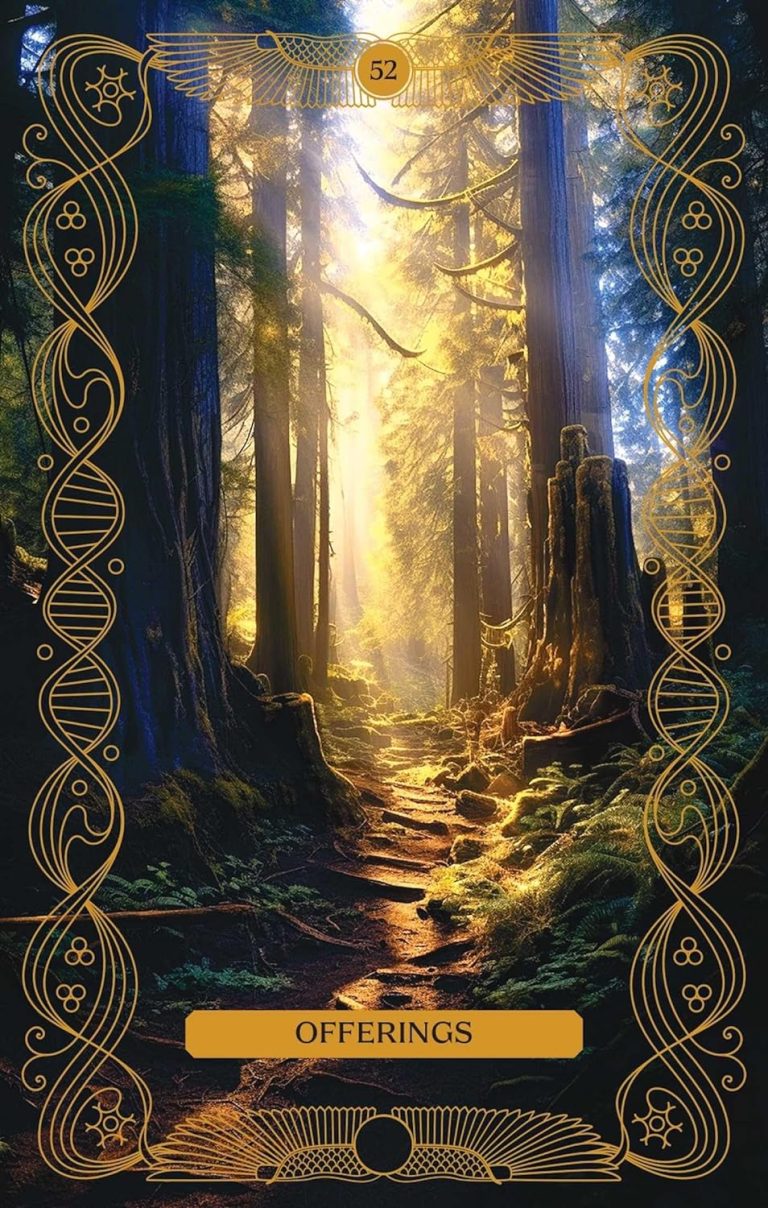
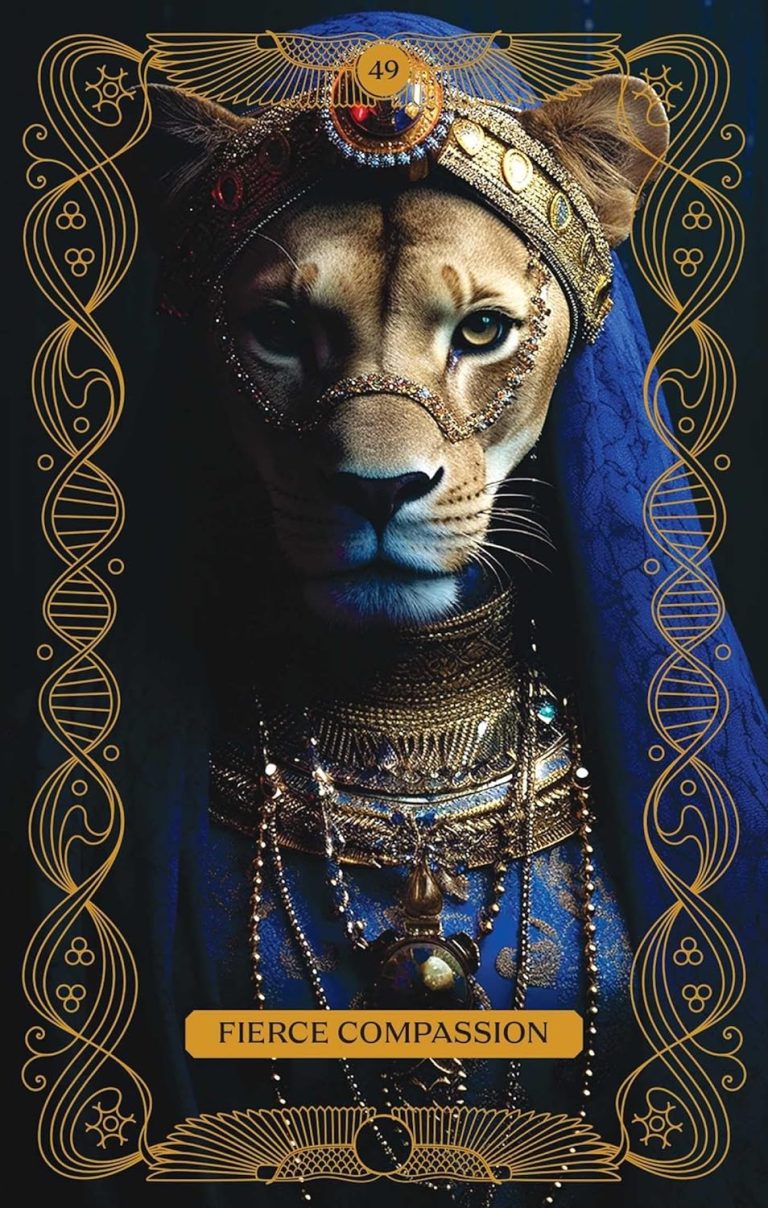
What can society do to ensure an environment that’s helpful to artists and creatives?
I think society can better support artists and creatives by buying direct. The patronage model is really one that works well I think, it’s worked for a very long time throughout history. I think there’s a myth that society supports artists because the literary, music and entertainment industries are large and seem abundant, but this is really a myth. Gatekeepers exist in all of those businesses to amass wealth. It is VERY Rare for an artist, author or musician to actually be making a living on their work. I’ve seen this for years where just because an artist is well known people assume they aren’t available for work, or that they have enough money. This is usually not true, the idea of trickle down economics is a trick. The percentages artists make of an art show, or what authors may get as an advance or what a label may take from a musician. It’s all broken, it’s an industrial complex, so the more you shop independent or with individual creators the better. Most of us have shops and we love sending out packages so that’s what I wish people knew. That just because someone appears to have written a lot of books, or has been at a lot of art shows it doesn’t mean they’re surviving on that. Artists are the most diverse creators there are and I hope more people consider hiring working artists vs. the more traditional corporate or advertising creative teams. You will ALWAYS get more from a creator than a corporation.
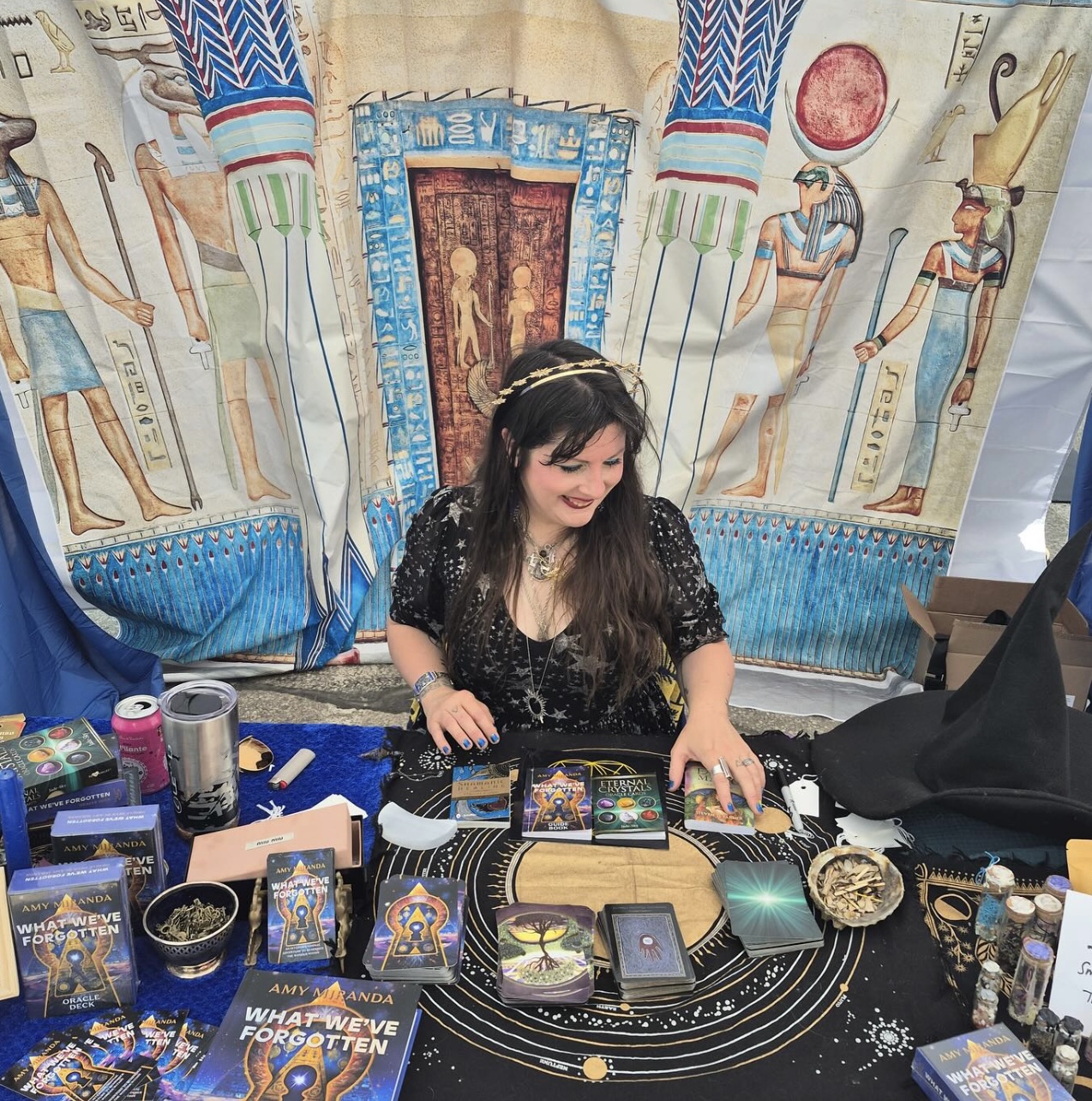
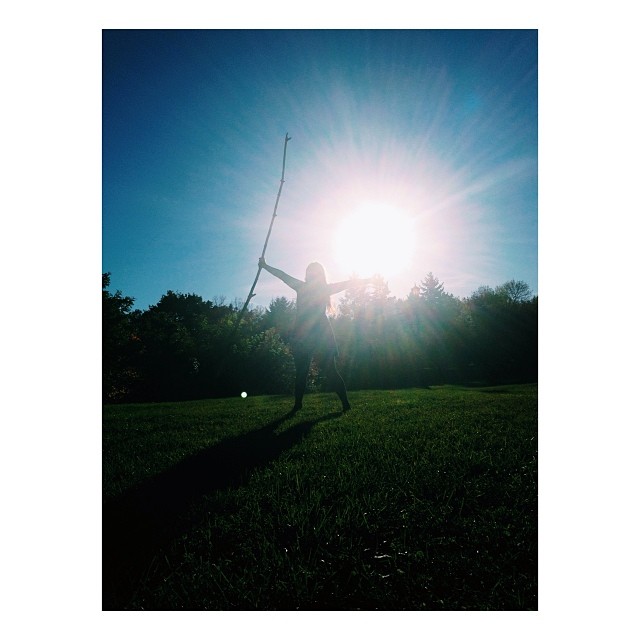
Any resources you can share with us that might be helpful to other creatives?
I wish more people had told me that having an individual creative practice would make me a better producer and creator. The more I make (even if it’s not related to what I’m trying to make a living doing it reminds me of how important the process is to the overall creative journey. In my free time I do scupture work, and I paint, I kept this hidden for a long time and only people close to me knew about my artwork. Putting my artwork into the world happeend for the first time with the book and oracle deck. People telling me they loved artwork was amazing, people discovering it was me was a delight. My sculptural works always reminds me how important the foundation is for everything we make.
Without a good foundation I’ve had sculptures collapse, or need to be reinforced, or rebuilt, but every time I am more prepared for the next. I wish someone would have told me to keep my creative practices alive in the midst of all of the commissions or project work.
Contact Info:
- Website: https://canvasrebel.com/meet-amy-miranda/
- Instagram: https://www.instagram.com/itsamymiranda/?hl=en
- Facebook: https://www.facebook.com/ItsAmyMiranda
- Linkedin: https://linkedin.com/in/amymiranda/
- Twitter: https://x.com/AmyMiranda
- Youtube: https://www.youtube.com/@AmyMiranda
- Other: https://vimeo.com/lunchinc
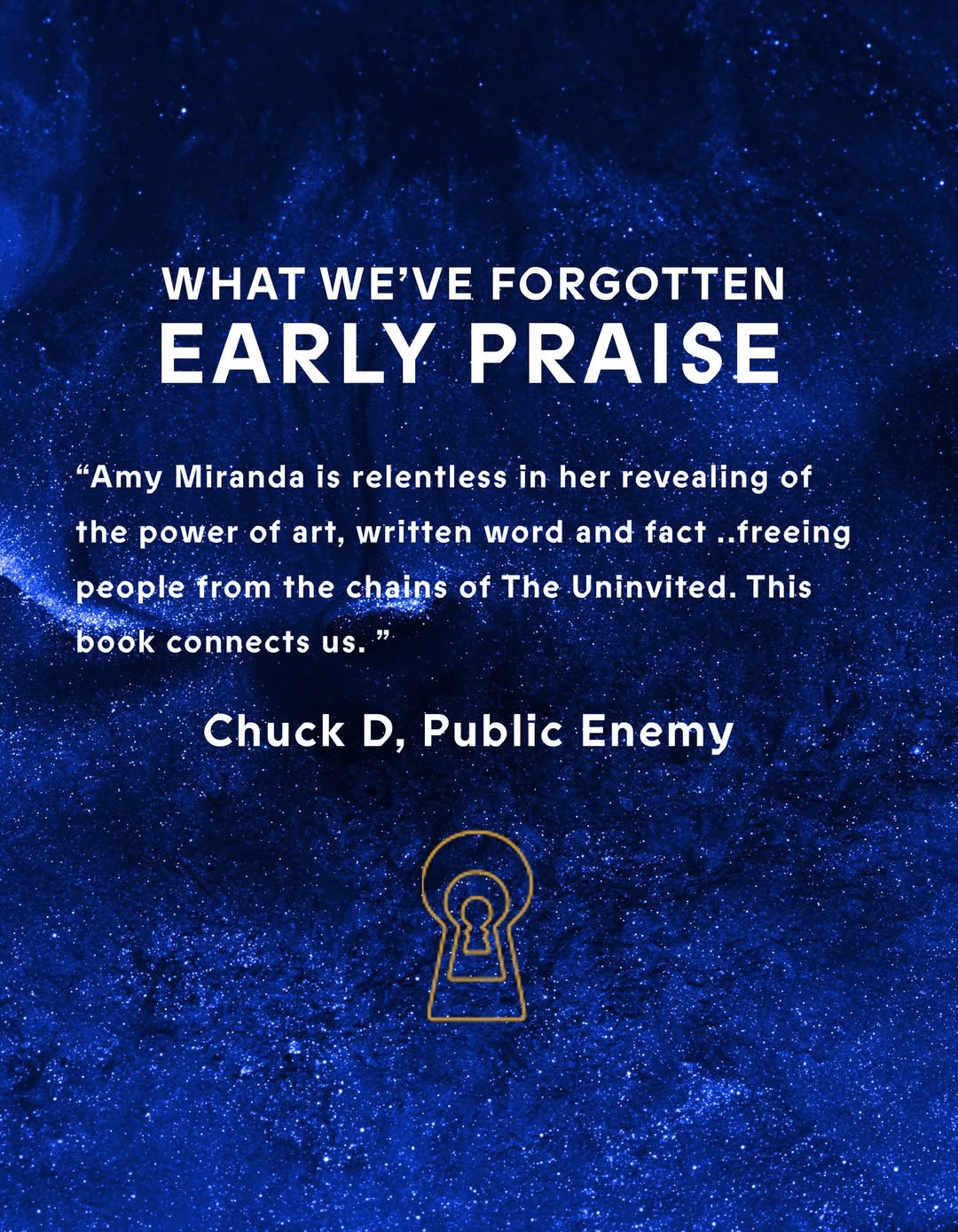
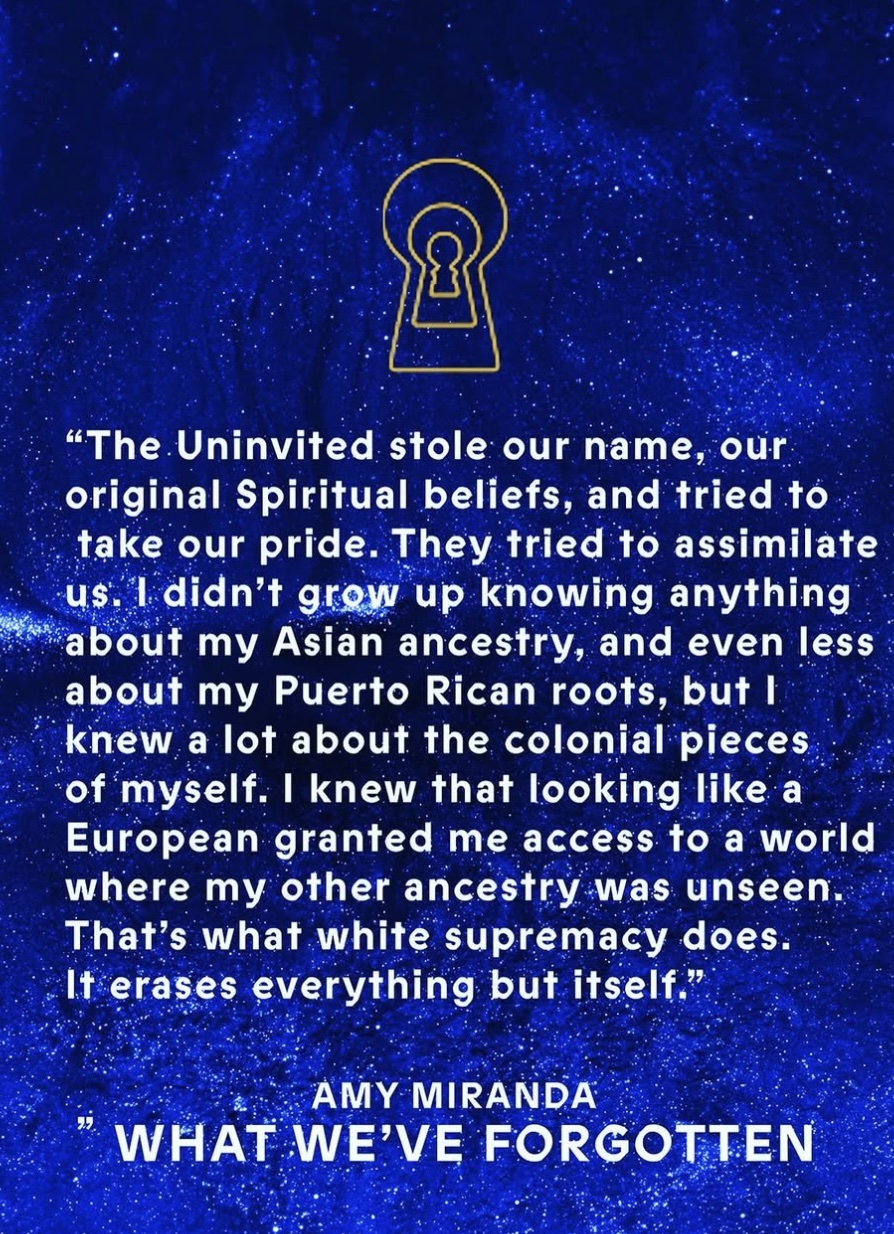
Image Credits
All Amy Miranda


